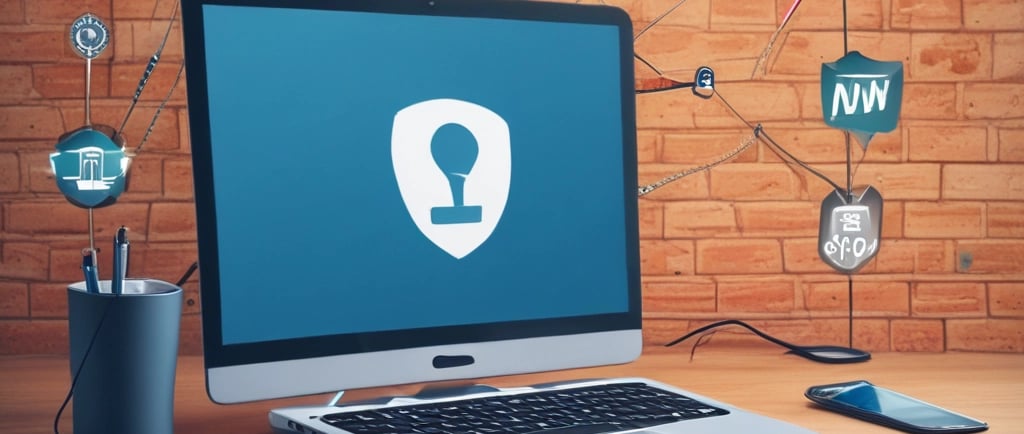What is a VPN? A Complete Beginner’s Guide
VPN


Introduction
The internet has become an essential part of everyday life — we shop, bank, work, and socialize online. But with convenience comes risk. Hackers, advertisers, internet providers, and even governments can monitor what we do. This is where a VPN, or Virtual Private Network, comes in. You may have heard of VPNs as tools for streaming or bypassing restrictions, but they’re much more than that. In this guide, we’ll unpack what a VPN really is, how it works, and why it matters for anyone who spends time online.
The Basics: What is a VPN?
At its core, a VPN is a service that creates a secure, encrypted “tunnel” between your device and the internet. Instead of sending your data directly to a website or app, your device connects first to a VPN server. That server then communicates with the wider internet on your behalf.
This process masks your real IP address — the unique number that identifies your device online and can reveal your location. To the outside world, it looks like your traffic is coming from the VPN server, not your device.
Think of it as moving through a crowded marketplace in disguise. You’re still there, but nobody knows it’s you.
Why People Use VPNs
VPNs serve many purposes depending on who’s using them:
Privacy Protection:
Your internet provider normally sees all the sites you visit. Many providers also sell anonymized browsing data to advertisers. A VPN hides this activity, protecting you from profiling.Security on Public Wi-Fi:
Free Wi-Fi in cafés, hotels, and airports is notoriously unsafe. Without a VPN, it’s easy for hackers to intercept your passwords or messages. VPN encryption stops this.Access to Global Content:
Streaming services like Netflix, Hulu, or BBC iPlayer show different content in different countries. A VPN lets you appear as if you’re browsing from another location, unlocking more options.Safer Remote Work:
Businesses use VPNs so employees can securely connect to company systems from home or while traveling.
What a VPN Can’t Do
VPNs are powerful, but they’re not magic shields. It’s important to understand their limits:
Not Total Anonymity: While VPNs hide your IP, websites can still track you with cookies, accounts, and browser fingerprints.
Not Antivirus: VPNs don’t block malware. You still need security software.
Not Always Faster: In some cases, your speed may drop slightly because traffic takes an extra step through the VPN server.
Real-Life Scenarios
Here are a few ways everyday people benefit from VPNs:
Traveler: Maria connects to hotel Wi-Fi in Bangkok. Thanks to her VPN, her emails and online banking stay safe from potential hackers.
Streamer: James in Germany wants to watch a show only available in the U.S. He connects to a New York VPN server and enjoys the full library.
Remote Worker: Sophie needs to log into her company’s internal portal from home. The VPN encrypts her connection, ensuring sensitive files remain secure.
How Hard is it to Use a VPN?
Not hard at all. Most providers offer apps for Windows, macOS, iOS, and Android. You simply download, log in, and tap “connect.” Advanced users can configure routers or custom setups, but beginners can get started in minutes.
Final Thoughts
A VPN is like drawing the blinds in your digital home. You’re still connected to the outside world, but no one can peek in without permission. It won’t make you invisible, but it will give you more privacy, more security, and more freedom online.
For beginners, a VPN is one of the simplest tools to take control of your digital life. Whether you care about privacy, want to stream global content, or just stay safe on Wi-Fi, it’s a small step that makes a big difference.